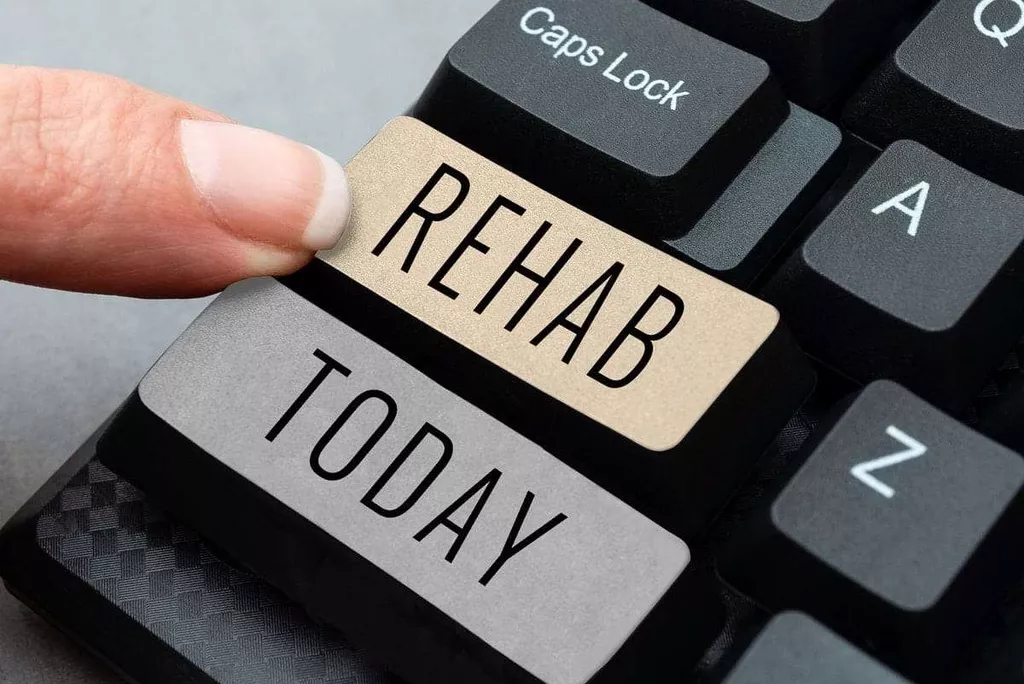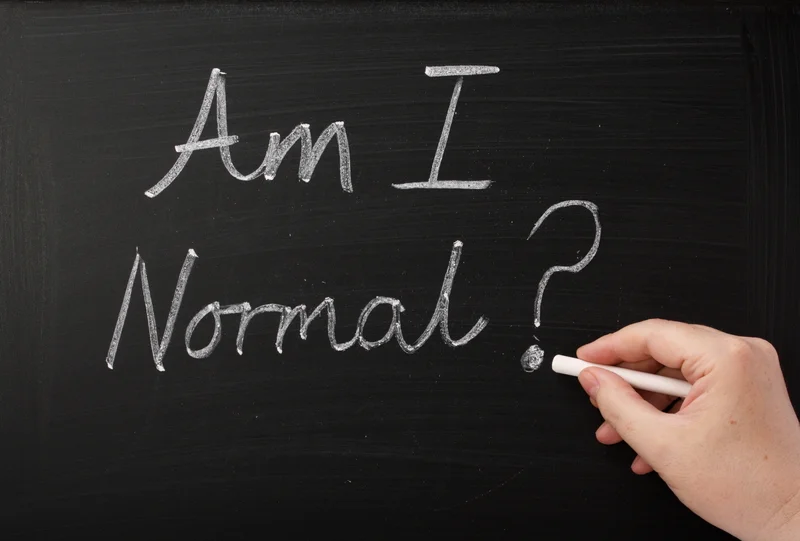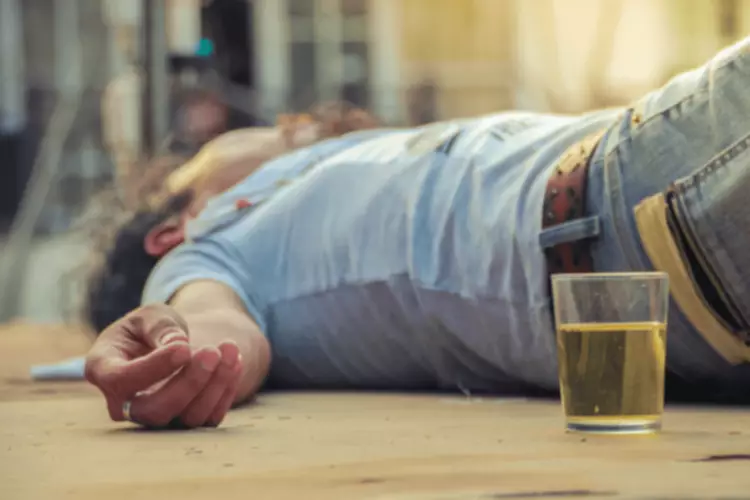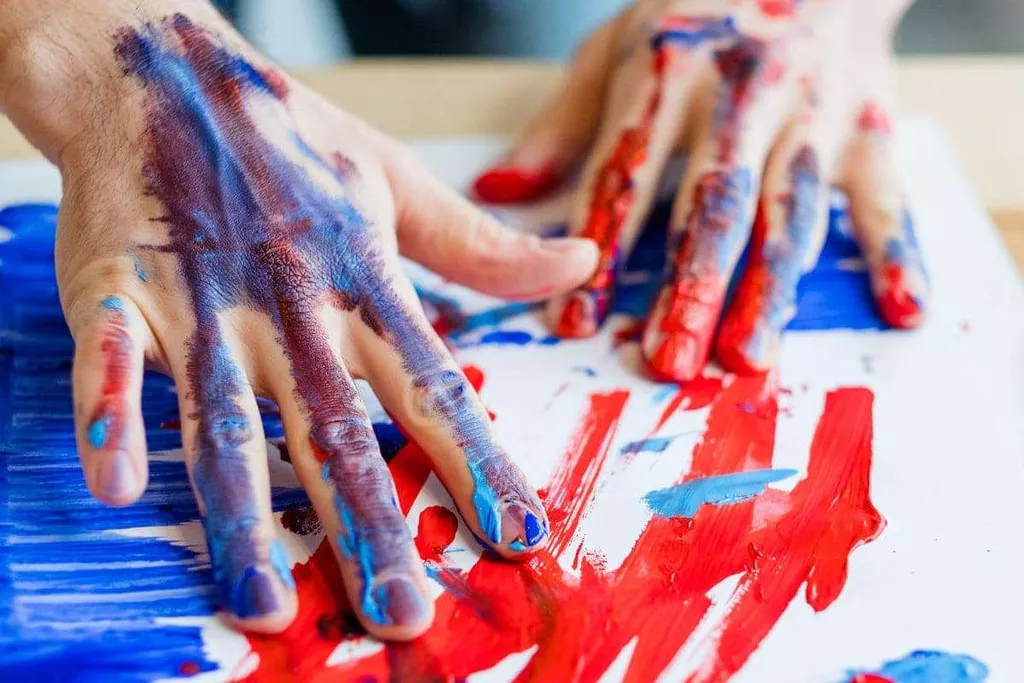Content
Acestea sunt doar câteva dintre întrebările care au rămas fără răspuns într-un interviu acordat de Binance, liderul industriei crypto la nivel global, pentru BUSINESS Magazin şi Ziarul Financiar. Țara a avut, de asemenea, o creștere notabilă a bridge-urilor crypto, depășind Rusia, Slovacia, Polonia, Moldova și Cehia. Bridge-urile crypto sunt protocoale care permit transferuri de active și date între diferite blockchainuri, permițând interoperabilitatea și tranzacțiile între chain-uri. Europa face și ea eforturi pentru a sprijini industria crypto prin reglementări mai clare din cadrul MiCA (Reglementarea Piețelor de Crypto-Active), pentru a câștiga încrederea publicului și a permite mai multe investiții în industrie.
Principiile și valorile de bază ale Bitcoin pot schimba lumea
Asigură-te că înțelegi costurile asociate tranzacțiilor, retragerilor și altor servicii. Caută o platformă cu comisioane competitive și transparente și citește recenziile noastre pentru a afla mai multe despre comisioanele fiecărei platforme de tranzacționare criptomonede. În acest caz, se folosesc foarte mult platformele precum LDV Exchange pentru aşa-numitele intrări în lumea crypto. Concret, oamenii depun euro sau lei şi îi schimbă în bitcoin, ether sau usdt, pe care îi mută ulterior pe alte platforme care nu au perechi de schimb cu lei sau euro. Acolo tranzacţionează multe tipuri de criptomonede, asta dacă nu vor să se rezume doar la cele câteva pe care le avem noi”, a explicat Marius Morra. Românii se orientează tot mai des către soluții financiare alternative, pe fondul unui context economic marcat de incertitudini și puterea de cumpărare tot mai fragilă.
Pasul 3: Depunerea fondurilor în cont
Dacă ești familiar cu lumea crypto probabil că ai auzit deja de Coinbase, una dintre cele mai mari platforme de tranzacționare din Statele Unite. Platforma de tranzacționare crypto a simplificat procesul pentru investitorii începători, prin intermediul unui proces de înrolare simplu, care îi ajută pe utilizatori să se familiarizeze cu tranzacționarea. Crypto.com oferă comisioane competitive pentru achiziționarea de criptomonede cu cardul de credit. Deși aceste comisioane pot fi puțin mai mari decât cele de pe alte platforme, conveniența și ușurința de utilizare compensează. Aplicația este disponibilă atât pentru dispozitive iOS, cât și Android, făcând-o accesibilă pentru o gamă largă de utilizatori care pot cumpăra ușor crypto cu un card bancar. În plus, poți să ții evidența portofoliului, să trimiți monede către Crypto.com Exchange, să retragi criptomonede în portofele externe și să gestionezi depozitele de pe platformă.
Ce este mai bine să alegi un broker de criptomonede de încredere pentru a începe sau mai bine un exchange? În plus, IBKR este un broker de luat în considerare pentru acest tip de investiții, oferind comisioane foarte competitive, cuprinse între 0,12% și 0,18% per tranzacție. Intrucat ne dorim sa comunicam transparent cu utilizatorii nostri, vom enumera exchange-urile din platforma Mr.Finance si reglementarile fiecaruia in parte. Prima criptomoneda este binecunoscutul Bitcoin, crypto ce este pe cat de discutata in zilele noastre, pe atat de dorita de cei mai mari impatimiti ai investitiilor in active digitale.
Potrivit influencerului, platforma de investiții nu este autorizată, motiv pentru care cei care o utilizează și, implicit, investec bani prin intermediul acesteia, ar putea rămâne fără bani și cu identitatea furată. Echilibrul dintre piața locală și oportunitățile globale este esențial, iar noi oferim acces transparent și facil la ambele zone,” a precizat Horia Păcurar, Branch Manager NAGA România. Dacă preferi o platformă reglementată pentru achiziția de Bitcoin, exchange-ul Bitcoin România oferă un mediu sigur și eficient pentru tranzacții. Dacă ești nou în lumea crypto, Bitcoin România îți oferă cea mai simplă și sigură metodă de a începe. Bitcoin România oferă resurse educaționale pentru utilizatori, astfel încât aceștia să înțeleagă cum să-și protejeze investițiile și să utilizeze Bitcoin în labzonex investitii mod responsabil.
Backup și recuperare
Drumul Bitcoin a fost, de asemenea, impulsionat anul trecut de aprobarea ETF-urilor Bitcoin în SUA, deschizând calea pentru semnificative investiții instituționale în industrie. 2024 a fost un an important pentru industria crypto care a stabilit calea către o „eră de aur” pentru ecosistem, un termen utilizat de CEO-ul Binance, Richard Teng, după ce Donald Trump a câștigat alegerile din SUA anul trecut. Noua administrație a lui Trump a adus, de asemenea, reguli și claritate în industrie, dar într-un mod care promovează și susține inovația. Acest lucru poate fi văzut cel mai bine în ultimele evoluții din țară, care sunt pe cale să codifice Ordinul Executiv al lui Trump privind Bitcoin și crypto în lege. Legislativul român a exprimat rezerve în 2018 cu privire la finanțarea altor centre de cercetare blockchain, dar adopțiia rapidă a crypto a determinat Banca Națională a României să creeze și să găzduiască un Hub de Inovație Fintech. În februarie, Ministrul de Finanțe, Tanczos Barna, a declarat că vrea să reglementeze industria crypto în România cât mai rapid, pentru a avea o concluzie și un nou cadru de reglementare înainte de alegerile din mai.



